OpenAI Wants Google Chrome — Here’s Why AI Companies Are Circling The Browser
If Chrome goes on sale, AI giants want in
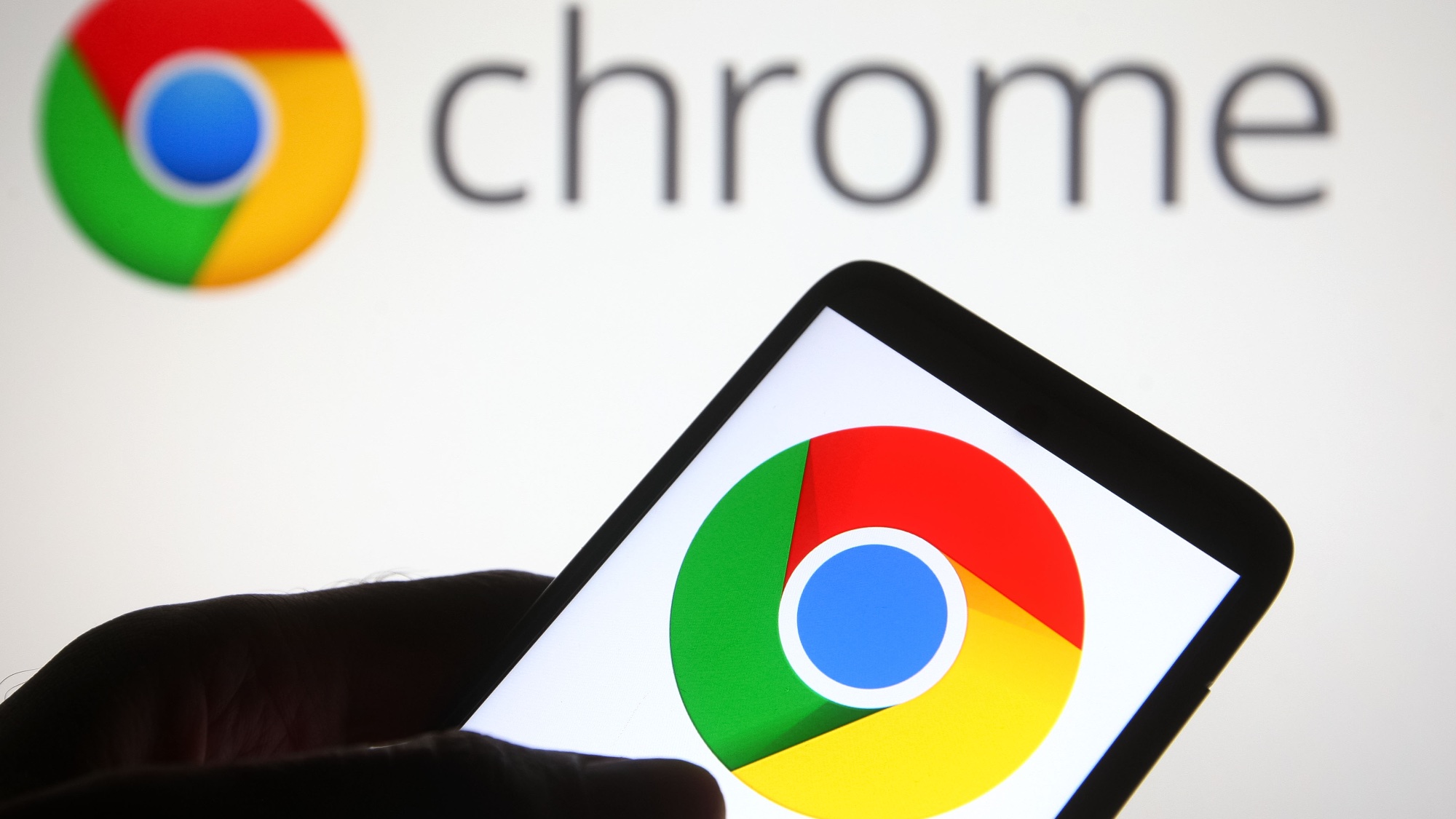
Here at Tom’s Guide our expert editors are committed to bringing you the best news, reviews and guides to help you stay informed and ahead of the curve!
You are now subscribed
Your newsletter sign-up was successful
Want to add more newsletters?

Daily (Mon-Sun)
Tom's Guide Daily
Sign up to get the latest updates on all of your favorite content! From cutting-edge tech news and the hottest streaming buzz to unbeatable deals on the best products and in-depth reviews, we’ve got you covered.

Weekly on Thursday
Tom's AI Guide
Be AI savvy with your weekly newsletter summing up all the biggest AI news you need to know. Plus, analysis from our AI editor and tips on how to use the latest AI tools!

Weekly on Friday
Tom's iGuide
Unlock the vast world of Apple news straight to your inbox. With coverage on everything from exciting product launches to essential software updates, this is your go-to source for the latest updates on all the best Apple content.

Weekly on Monday
Tom's Streaming Guide
Our weekly newsletter is expertly crafted to immerse you in the world of streaming. Stay updated on the latest releases and our top recommendations across your favorite streaming platforms.
Join the club
Get full access to premium articles, exclusive features and a growing list of member rewards.
Chrome isn’t being used to its full potential, the founder of Google’s generative AI team has explained, days before a judge rules on whether Google should be broken up, potentially through the sale of its web browser.
"Google built Chrome as a way to defend against potential competitors in the future. So by owning their browser, they can secure a spot for their search," AI pioneer Jad Tarifi has outlined in an interview.
This strategy may have worked for the past 17 years, but the vultures are already circling the world’s most popular internet browser. With a judge set to rule on the search giant’s future by the end of month, the tech world anxiously waits for the gavel to fall to get more clarity on what will happen next.
AI companies, including OpenAI and Perplexity, have already publicly expressed their interest in buying Google Chrome. However, tech entrepreneur and privacy expert Mark Weinstein dismissed the recent bids for Chrome as "lowball numbers," noting the enormous value of the user data that would come with it.
"Sam [Altman] must be drooling at the possibility of monetizing with this kind of data, regardless of whatever altruistic statement he makes," Weinstein has explained.
If you’re looking for a breakdown of why Google Chrome’s sale is being discussed and what it could mean for browsers in the age of AI, you’ve come to the right place.
1. Is Google Chrome even for sale?
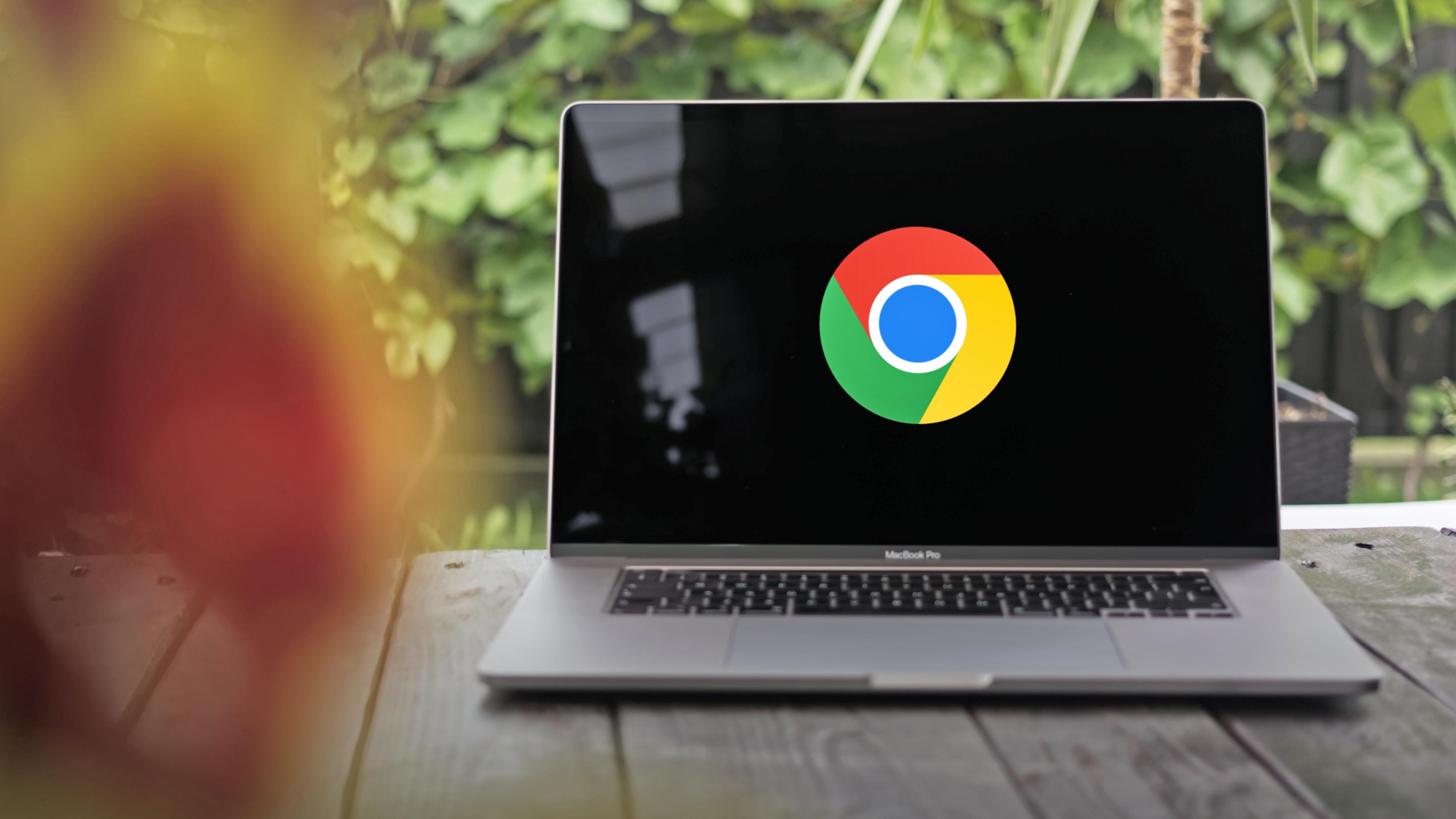
The first question you might be asking is, why would Google want to sell its own Chrome browser in the first place, given its massive success? Even describing it as massively successful feels like an understatement, given that the browser is estimated to capture over 60% of the global browser market share.
However, what for Google would have been considered an inconceivable idea became a possible remedy suggested by the US Department of Justice’s antitrust division, the one that deals with laws meant to prohibit companies from engaging in anticompetitive practices.
Get instant access to breaking news, the hottest reviews, great deals and helpful tips.
A US district court later ruled that Google violated antitrust laws by monopolizing online digital ads. So while Google isn’t voluntarily looking to sell Chrome, it has been specifically asked to divest from the browser to address these antitrust challenges.
"Google Chrome isn’t for sale," Info-Tech Research Group analyst Thomas Randall expressed in an interview. The software powering Chrome is open-source, but Google owns the brand and the default funnel into its services.
From Randall’s perspective, very few companies could afford Chrome or survive the regulatory scrutiny of such an acquisition.
"Antitrust regulators in the U.S., EU, and beyond would almost certainly block a sale to another tech giant, particularly one already dominant in AI or digital advertising," Randall said.
Similarly, Andrew Gamino-Cheong, the co-founder of AI compliance platform Trustible, said Google is unlikely to want to sell Chrome.
"They'll fight pretty hard against antitrust regulators for a long time around that. And there's probably other things they would try and do first to appease them, long before they're forced to sell," Gamino-Cheong explained.
From his end, senior VP at Pierpont Communications Chris Ferris said since monopolies are bad for consumers, a court forcing the breaking up of Google could be a win for regular users.
2. Where does Perplexity come in?
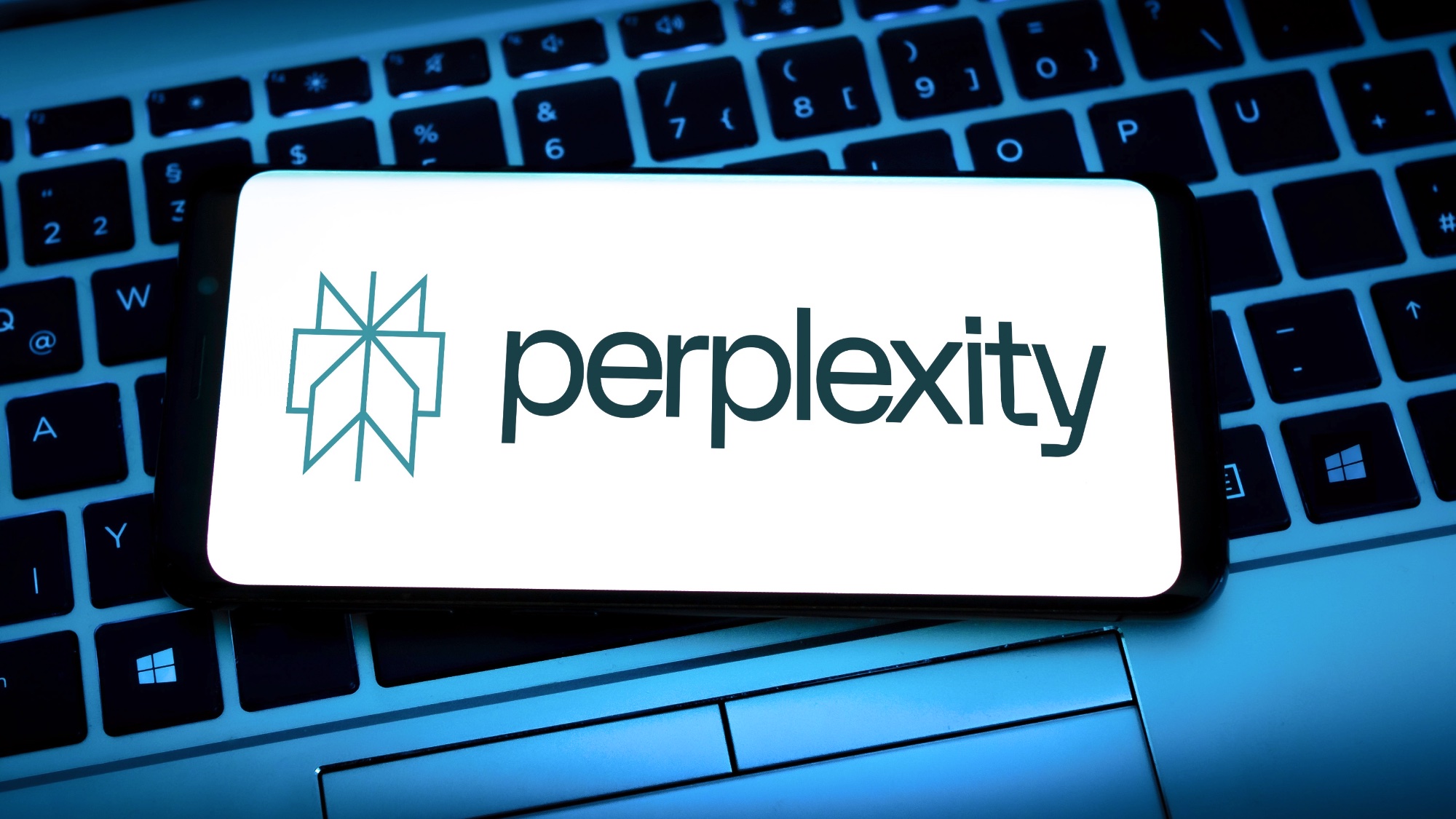
AI company Perplexity, which runs the AI-driven search engine that shares the same name, made global headlines with its $34.5 billion bid to buy Google Chrome. Interestingly, the unexpected announcement came relatively close to the launch of Perplexity’s own web browser, Comet.
"I was talking to an early Googler a few days ago, and he said this is probably the first time I see that I'm worried for Chrome," tech VC Nick Davidov has told me.
"You cannot really migrate people with all of their details unless you give them a very strong reason to switch, and this AI browser is a very strong reason to switch."
“I was talking to an early Googler a few days ago, and he said this is probably the first time I see that I'm worried for Chrome”
Nick Davidov
Davidov, who co-founded Davidovs Venture Collective (DVC), was an early investor in Perplexity. He explained that Comet was based on an acquisition from DVC’s own portfolio, a company called Sidekick that created a so-called headless browser, a kind of browser that scrapes information from a website without rendering it visually.
So, if Perplexity released a browser to end all browser wars, why would they want to also purchase the almost 20-year-old Chrome?
"Oh, because of distribution," Davidov explained. "Instead of having to get all of the users to switch, they will just have them."
Some people were sceptical about Perplexity’s bid since the three-year-old company is valued at ‘just’ $14 billion. However, Davidov said the company has several heavyweight investors that could pitch in.
"If the judge says that Google has to sell Chrome, it doesn't mean that Google has to sell 100% of Chrome. It just has to stop being the majority shareholder, right?"
3. Is Chrome overpriced?
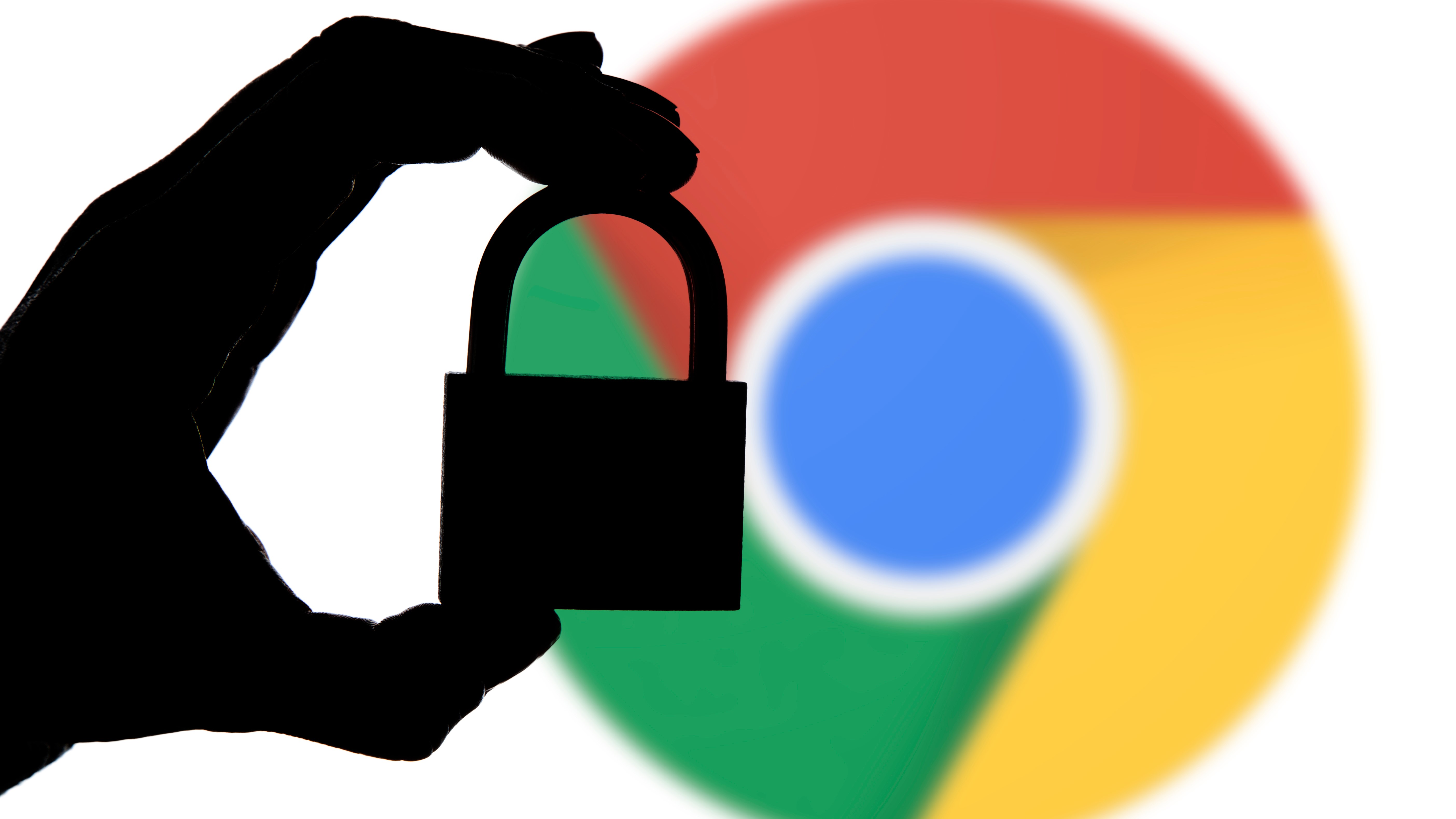
Perplexity offered $34.5 billion to buy Google Chrome, a figure Davidov describes as “a bargain”. For comparison, Microsoft acquired LinkedIn for $26.2 billion back in 2016.
“It’s probably worth a bit more than that," the founder of Google’s Generative AI team, Jad Tarifi, told Tom’s Guide in an interview.
Tarifi, who now heads Integral AI, a startup working on AI agents smart enough to be useful in the real world, said that valuation would mean capturing the attention of 3 billion people at $10 a head.
"The acquisition cost of the attention of someone is higher than $10, so… purely based on that, [buying Chrome at that price] makes sense," Tarifi explained. Although he said it’s still a risky move since just purchasing that attention doesn’t automatically mean Perplexity would be able to extract the whole value from it.
Weinstein expressed that $340 billion would be a more accurate valuation of Google Chrome. He described Perplexity’s offer as "a bankruptcy price."
Tarifi has suggested that Perplexity’s multi-billion-dollar bid was partly a publicity stunt. Still, from an entrepreneurial perspective, he explained, making the offer was a smart move — even if the odds of actually acquiring Chrome are slim.
"At least they put themselves on the map as a serious, ambitious company," Tarifi said. He added that for OpenAI, making a bid is less about pure publicity, as he imagines the company would be able to do more with the acquisition in a smoother and faster way.
OpenAI’s Sam Altman recently told The Verge over dinner that he would be interested in purchasing Chrome if Google is forced by courts to sell it.
5. Why AI companies want their own browser
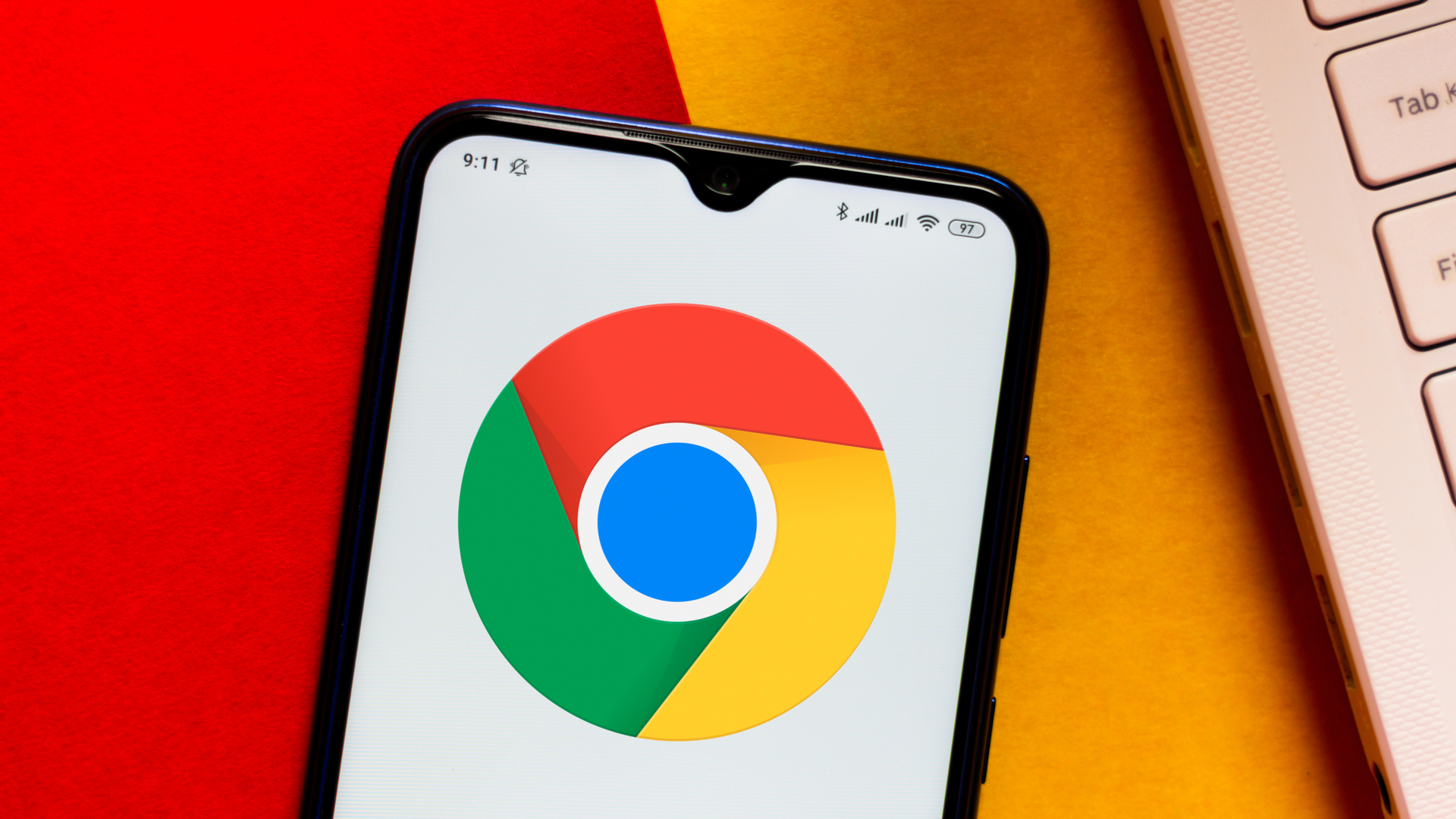
"One of the secrets to Google's success was that its search function was built into their browser. In fact, the address window has effectively served as a de facto search box for many years. So if an AI company purchased Chrome, they could make the address bar function as a de facto AI query box," Ferris said.
Gamino-Cheong noted he sees three main reasons why AI companies could be interested in owning their own browser:
- Easier AI agent integration, with users already signed into their accounts
- Getting around anti-scraping mechanisms, like ‘are you a human?’
- Identifying whether text was written by a human or AI
Gamino-Cheong believes there could be new data privacy laws since the value of data will increase:
"It's not just statistics about user behavior that's good for ads. It's the raw content itself that's now the important part. Companies are getting more aggressive in their kind of desire to collect and use that directly."
That’s aside from the potential intellectual property issues all-seeing browsers could create.
"If an AI company purchased Chrome, they could make the address bar function as a de facto AI query box"
Chris Ferris
"If I'm, let's say, creating my own art inside the browser, and it's observing that, you know, I want to make sure it's not taking a photo of that, using that to train potentially without consent," Gamino-Cheong said.
AI models are also data hungry to sustain themselves, but not all data is healthy for them. In 2024, researchers published a study showing that when large language models (LLMs) are trained on too much AI-generated material, the LLM collapses in a phenomenon called model collapse.
Gamino-Cheong said that it may be hard to figure out whether a piece of text was written by AI just by looking at its final version. However, if a browser observes the whole writing process, it could accurately determine which parts were drafted by a human user and which parts, if any, were edited or generated by AI.
Weinstein highlighted that AI companies are incentivized to monetize data they gather through AI search. Algorithms have already been collecting data, AI just does it faster and instantaneously analyzes it, he said.
6. What’s in it for the users?
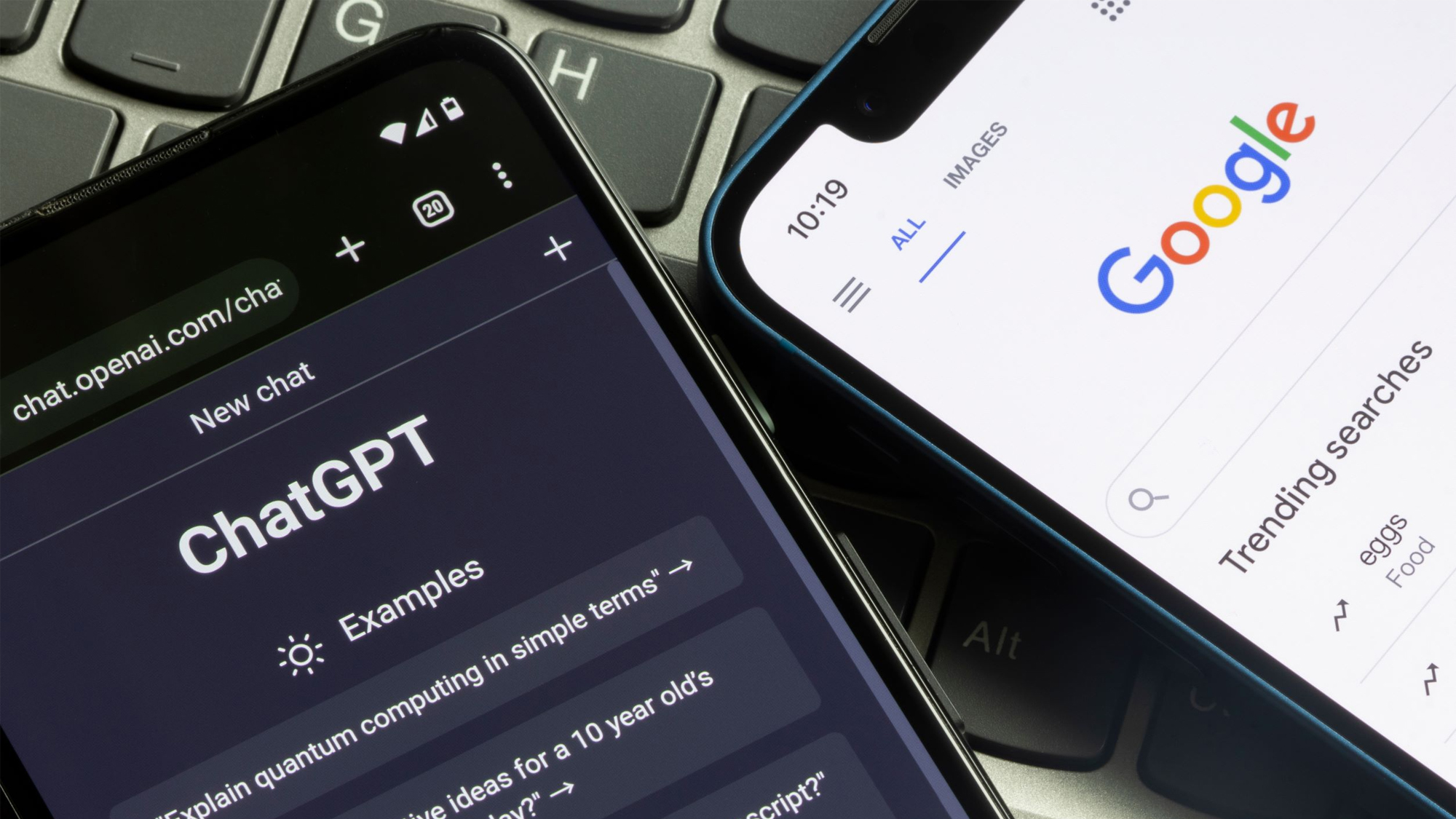
Could everyday users benefit if an AI company created a fully-functioning AI browser? Gamino-Cheong believes so. For one, it could make using agentic AI smoother. He recalled testing ChatGPT’s agent mode, which opened a new browser and said it could finish tasks if he logged into the necessary accounts.
"That's a big scary part, because I now need to put in the raw text of my passwords into the system," he explained. An AI browser that keeps you logged into apps and services could offer more security, he added, especially if the AI ran locally on your own device. Davidov’s advice to Perplexity would be to add their AI as a paid feature on top of Chrome.
When it comes to data and privacy implications, users should expect more of the same if Chrome were to change ownership, Weinstein said, warning that AI could know more about you than any country or secret service.
"Google's already using AI. I mean, what's different is that the data points to a different player," Weinstein said. It would be Google that has to figure out how to continue collecting all this data that it would suddenly be missing if it were forced to sell Chrome.
According to Weinstein, this isn’t the first time users have faced such dilemmas.
"We’ve been here before,” he said. “And it was called the rise of Facebook."
7. Could AI eliminate the need for browsers?

With VC fundraising dropping 33.7% year-over-year, there’s less liquidity for riskier deals. With chatbots like ChatGPT, Perplexity and Claude already reducing the need for Google searches, spell-checkers, and translation tools, could it be that AI chatbots will eliminate the need for a browser in the first place? In this case, is Perplexity’s $34.5 billion bid a smart investment or a risky gamble?
Davidov said he doesn’t believe browsers will become obsolete. Rather, AI browsers will enable the personalization of the internet. They’d implement your site preferences throughout the web and filter your searches for products or services tailored perfectly to your needs.
Tarifi, on the other hand, believes browsers will be dynamically generated in the future. "If you think of text-based chat, like ChatGPT now as MS-DOS, right, there's going to be a new move in the next few years, from MS-DOS to Windows. So, from a purely text-based chatbot to fully multimodal, immersive operating system interfaces generated on the fly."
However, Tarifi predicts that the owner of Chrome, be it Google or another company, would be in the pole position to deliver this new era of browsers to users.
Gamino-Cheong said eventually users would just need to log into one AI system from where they perform all their tasks. Browsers would play a more behind-the-scenes role, similar to operating systems, as they stop functioning as the user interface.
8. What’s best for Chrome?
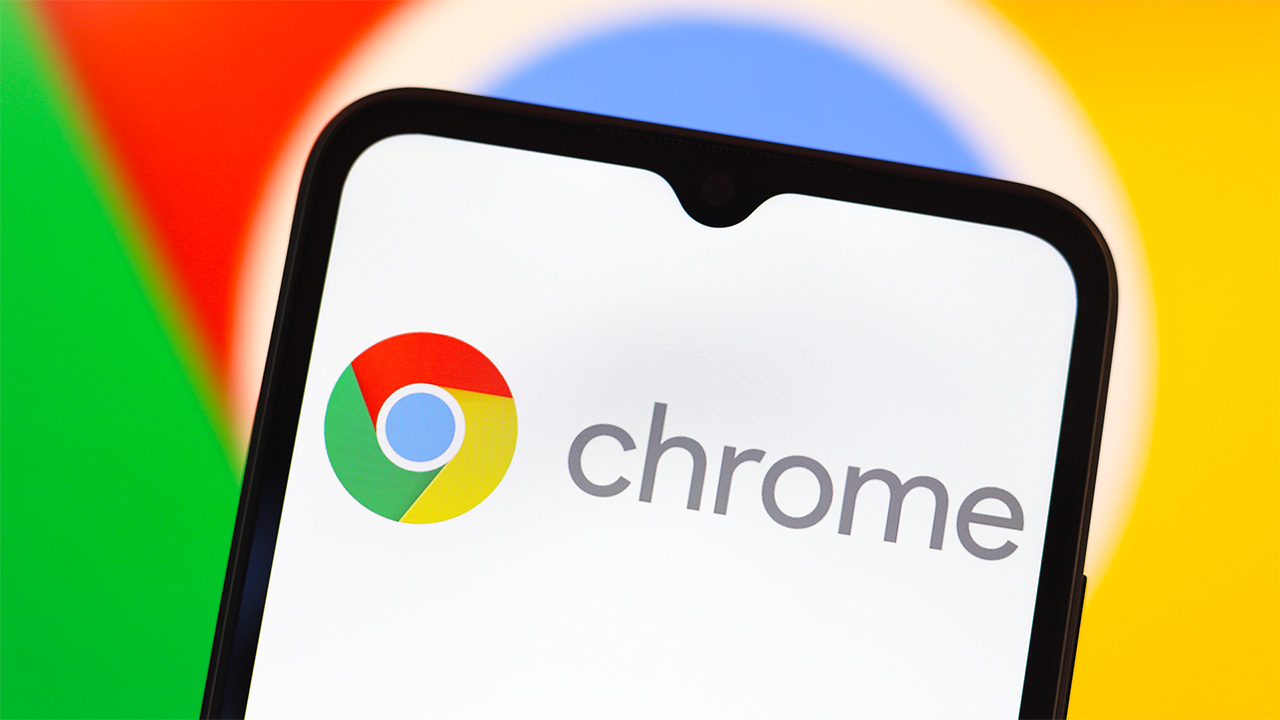
Chrome is still one of the best free browsers, working reliably most of the time. But it hasn’t evolved much, and with new AI browsers like Perplexity’s Comet emerging, users now have real alternatives. Some might argue that while Google is reluctant to let go of its flagship, younger AI-first companies could reinvent Chrome.
Tarifi said users should have some sympathy for Google, which he says is facing a classical business dilemma. He said generative AI that summarizes information for users instead of directing them to sponsored links puts their income in jeopardy.
While Google may have the best talent and AI tech, it makes its money from a legacy business model, Tarifi said. "They're stuck between this rock and a hard place," he added.
“So, are they using it to the best of their capability now? No,” Tarifi said. "But is the giant waking up? And might they change? Quite possibly."
Follow Tom's Guide on Google News to get our up-to-date news, how-tos, and reviews in your feeds. Make sure to click the Follow button.
More from Tom's Guide
- I cover AI for a living — here's 7 one-word ChatGPT prompts that really work
- You can stop Gemini from training on your data — here's how
- I used Perplexity AI to plan my next trip — here's how you can too

Christoph Schwaiger is a journalist, mainly covering AI, health, and current affairs. His stories have been published by Tom's Guide, Live Science, New Scientist, and the Global Investigative Journalism Network, among other outlets. Christoph has appeared on LBC and Times Radio. Additionally, he previously served as a National President for Junior Chamber International (JCI), a global leadership organization, and graduated cum laude from the University of Groningen in the Netherlands with an MA in journalism. You can follow him on X (Twitter) @cschwaigermt.
You must confirm your public display name before commenting
Please logout and then login again, you will then be prompted to enter your display name.
 Club Benefits
Club Benefits















![HIDevolution [2025] ASUS ROG... HIDevolution [2025] ASUS ROG...](https://images.fie.futurecdn.net/products/60cbb9059616003fe7353df7bc0e56e02dd01b3c-100-80.jpg.webp)




